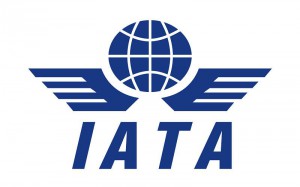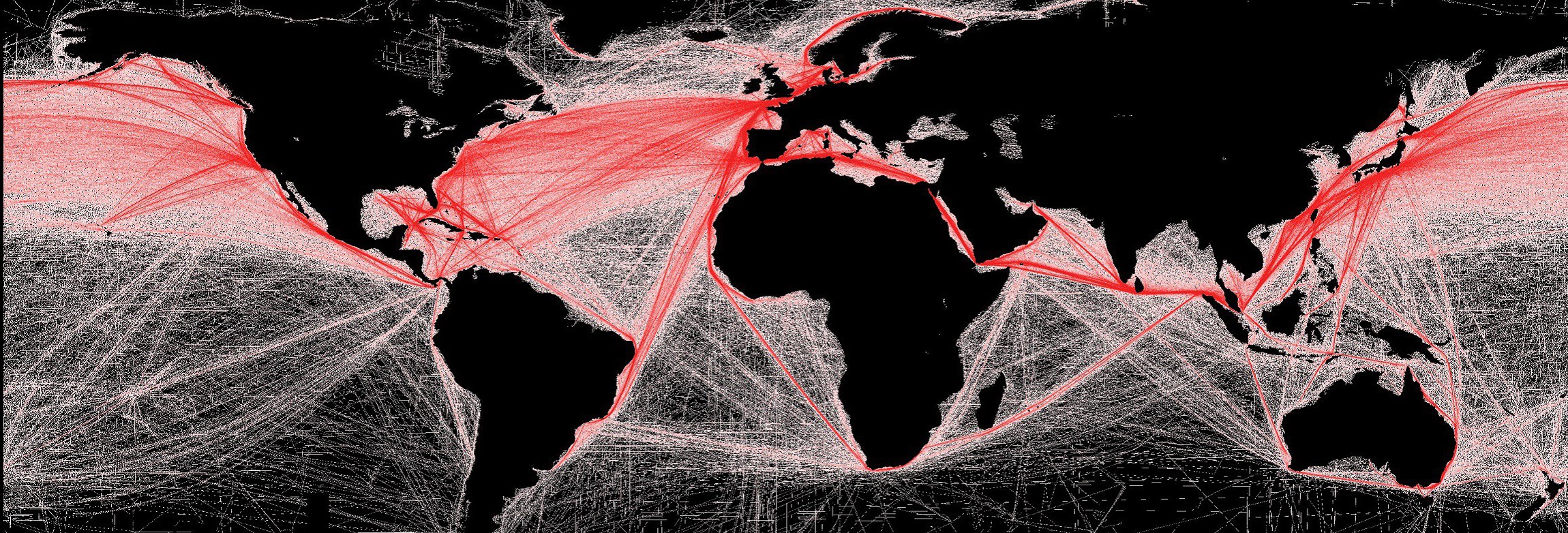IATA Cargo Security Fact Sheet
Secure Freight:
- Since its launch in 2008, IATA Secure Freight has established itself as an effective tool for civil aviation authorities, working in partnership with industry to develop secure supply chains to meet the requirements of ICAO Annex 17 and other regulatory regimes.
- Secure Freight is an effective solution to an inconsistent air cargo security regulatory environment. With Secure Freight, IATA offers regulators opportunities to secure their supply chains through the creation of templates, documents, best practices, standards and processes. Through Secure Freight, IATA has been able to shape international air cargo supply chain security standards with, among other things, elements of the Secure Freight Standards Manual (SFSM) now included as Recommended Practices in ICAO Doc 8973.
- In 2015 Secure Freight transitions from a pilot project to an operational capacity development activity. In practical terms, this approach means Secure Freight is no longer limited to selected pilot countries, but is available to all countries through a mechanism of either a direct funding arrangement, or implemented as a capacity development activity with the financial support of a third party donor country or agency.
- IATA continues to provide Secure Freight standards, guidance material and templates to regulators at no cost, and also reviews a country’s national security regulations against the Secure Freight Standards free of charge. Only where a country requires assistance to implement Secure Freight does IATA seek donor funding.
- The principles of Secure Freight have been recognized by the European Commission, the UK Department for Transport, the Australian Office of Transport Security, and the World Customs Organization.
- IATA works collaboratively with ICAO to develop cargo security standards and elements of the IATA Secure Freight Standards Manual.The Known Consignor Security Program and the Consignment Security Declaration are included in ICAO Doc 8973 as Recommended Practices.
- While Secure Freight is focused on the prevention of acts of unlawful interference to air cargo, extensive case studies undertaken on the direct and indirect economic impact of Secure Freight on two pilot participants have highlighted that the implementation of Secure Freight leads to significant economic benefits for the participant country’s economy.
e-Consignment Security Declaration (CSD/ e-CSD):
- The Consignment Security Declaration in paper (CSD) or electronic format (e-CSD) is a standard mechanism created by IATA to avoid duplicate screening by supply chain stakeholders and reduce congestion at the airport.
- The leading principle is that consignments secured upstream in the supply chain do not need to be rescreened at airports when a consignment security declaration is provided as proof that the cargo has been maintained secured and sterile.
- Stakeholders have also determined that CSD brings trade facilitation benefits through the provision of better data quality and easier access, scrutiny and processing by entities and regulators in the supply chain. JUNE 2015.
- The CSD and e-CSD meet regulatory demands for evidence that appropriate security measures have been applied to air cargo and mail by detailing how, when and by whom a consignment has been secured. The e-CSD and CSD have been developed to avoid a plethora of different security declarations being put in place that would disrupt trade flows and add little value to supply chain security.
- After performing a few proofs of concept, IATA initiated the e-CSD/CSD global roll and presented its system to ICAO.
- Guidance, including the IATA CSD template and completion instructions, are set down in the ICAO Chicago Convention’s guidance material (Security Manual document 8973) to Annex 17.
Status Update:
- The e-CSD and CSD Resolution 651 has been adopted by the Cargo Service Conference in March 2015; the Resolution will be effective from 1 October 2015, subject to receipt of necessary Government approvals.
- ICAO is best placed to provide aviation security with global standardization that would not only meet the legal requirements of State Regulators at a global scale, but also assist airlines and other stakeholders by providing harmonization of security requirements and thus enhancing security throughout the aviation supply chain.
- The ICAO AVSEC Panel approved the inclusion of the IATA codes identifying screening methods, alternative means of screening and security status in the Aviation Security Manual, and for completion of Consignment Security Declarations (CSD) and its electronic transmission. Such codes are already widely used by the industry and will facilitate the implementation and roll out of security data transmitted electronically. This will result in strengthening and additionally securing the supply chain.
- The ICAO Working Group on Air Cargo Security also approved IATA’s proposal for the standardization of codes identifying secure operators such as Known Consignor and Regulated Agents. A harmonized codification of regulated entities is of particular importance to enhance global supply chain security, improve compliance and facilitate trade.
- The following authorities have expressed their consent to the use of the e-CSD/CSD and some have adopted the CSD in their security programs: 27 EU MS, CH, ZA, KE, MX, AE, BH, CA, LK, TK, QA, JP, AU, NZ.
Pre-Loading Advance Cargo Information (PLACI):
- IATA is working with the United States (Air Cargo Advance Screening, ACAS) and European Commission (Pre-Loading Consignment Information for Secure Entry, PRECISE) and Canada (Pre-Load Air Cargo Targeting, PACT) to develop electronic targeting systems to identify high risk cargo prior to loading for additional scrutiny in order to mitigate security risks. IATA has also worked with the World Customs Organisation (WCO) to develop associated global Customs standards. These will be published in June 2015.
CEIV:
- The IATA Center of Excellence for Independent Validators (CEIV) has been formally accredited by 13 EU States and remains the only accredited independent validator training center in the world.
- Over 100 validators have been trained to-date, with over 80 certified by EU Member States.
- IATA CEIV ensured over 200 member airlines were advised of the new regulations and were aware of the actions they needed to take to be compliant by the deadline of 1 July 2014.
- With our support, many carriers have agreed to validation sampling regimes with their EU regulators that substantially reduced the immediate- and medium-term impacts of the regulation, including the cost.
- An indirect benefit (of CEIV) is that deadline flexibility (of possibly up to six months for “objective reasons beyond the carrier’s control”) has now been agreed by EU States e.g., until 1 January 2015.
- CEIV is available to support carriers wishing to create and agree to compliance rectification action plans with their allocated EU Appropriate Authorities. IATA remains confident, if all members play their part, air cargo movements into and through Europe will continue normally following the extended 1 January 2015 deadline.
Discover ATMS: View Our Online Demo
Source: IATA Cargo Security Fact Sheet http://www.iata.org/
















